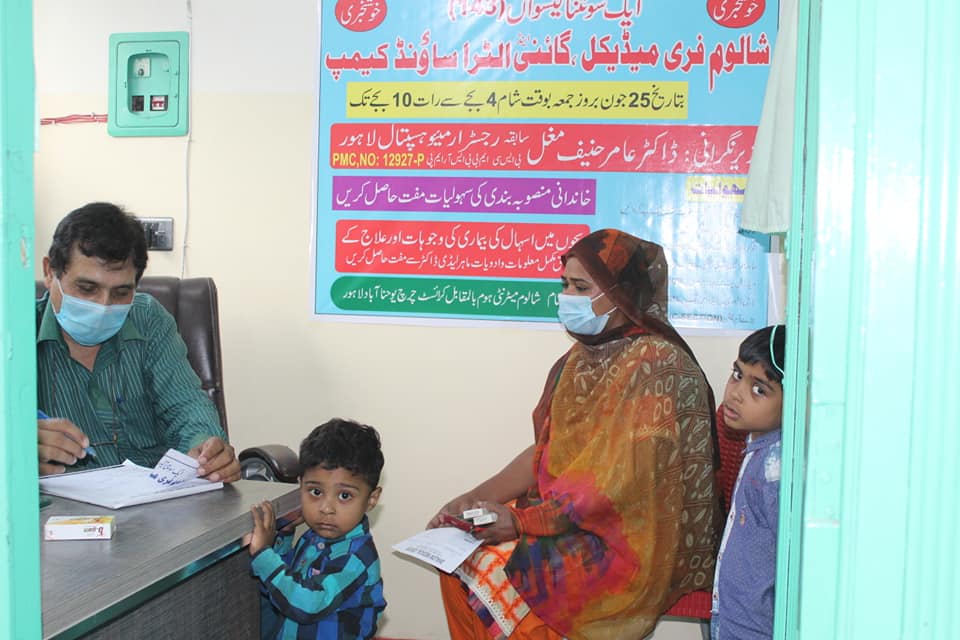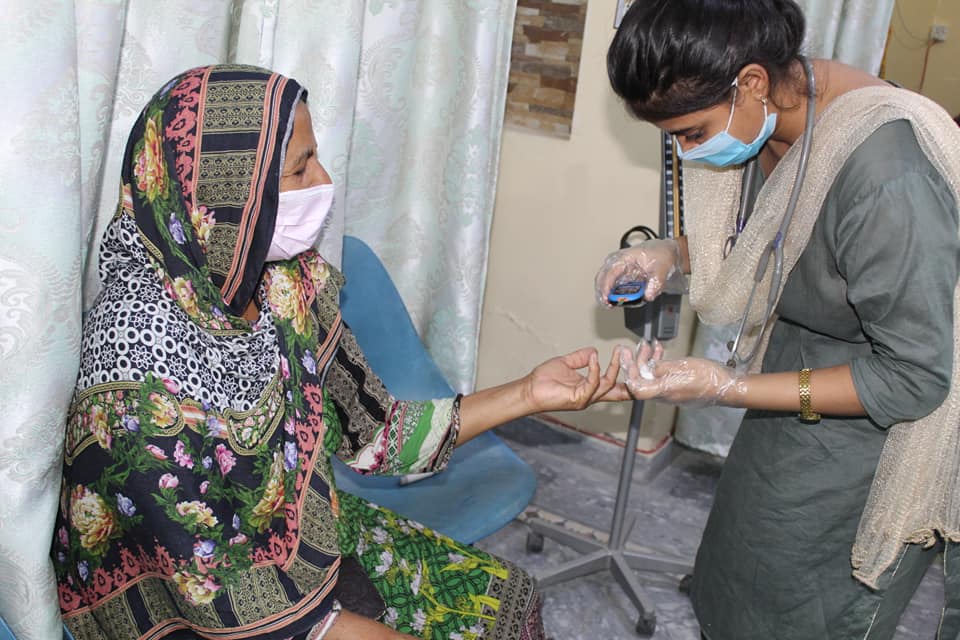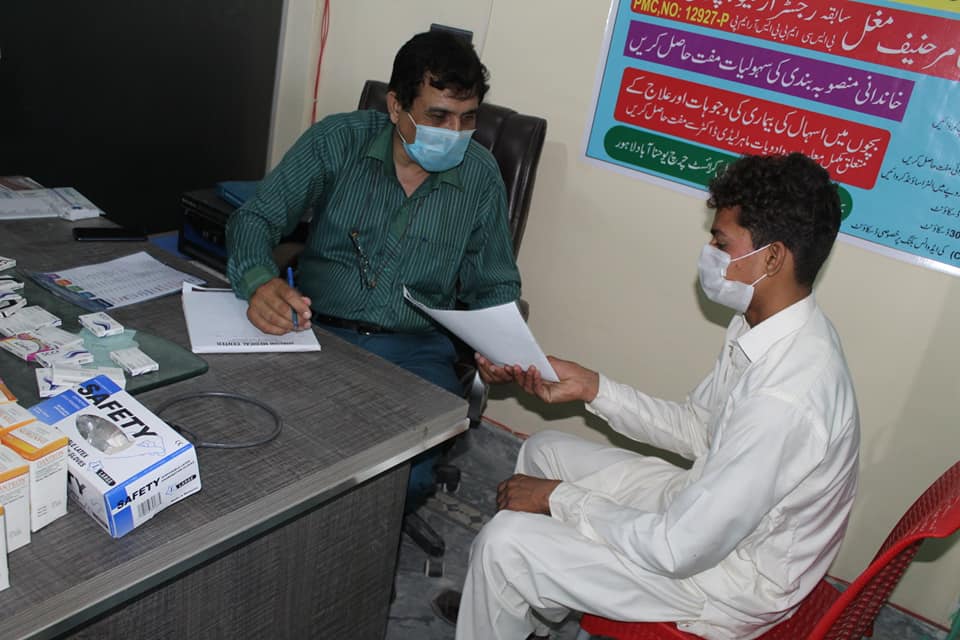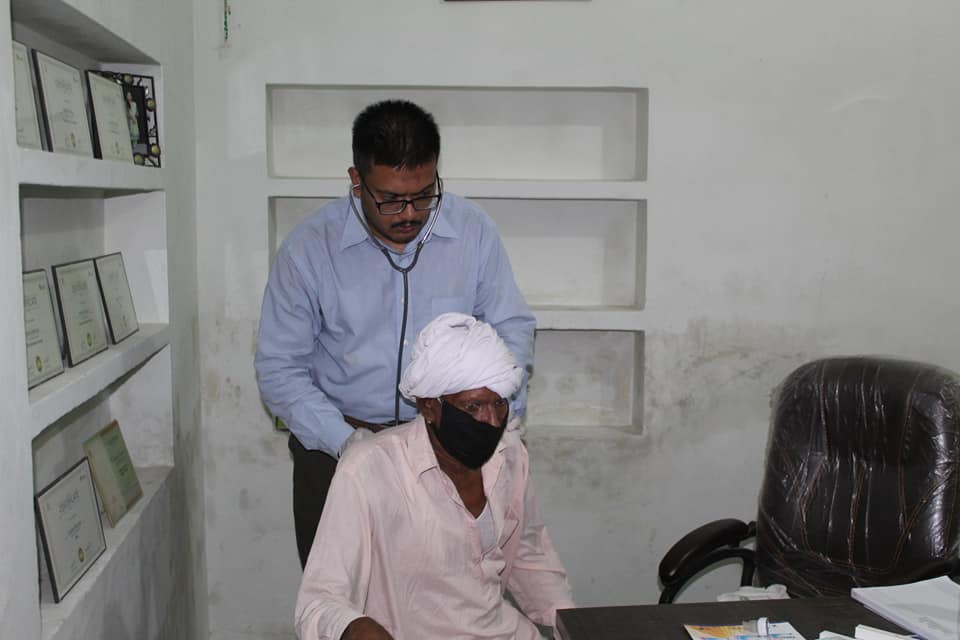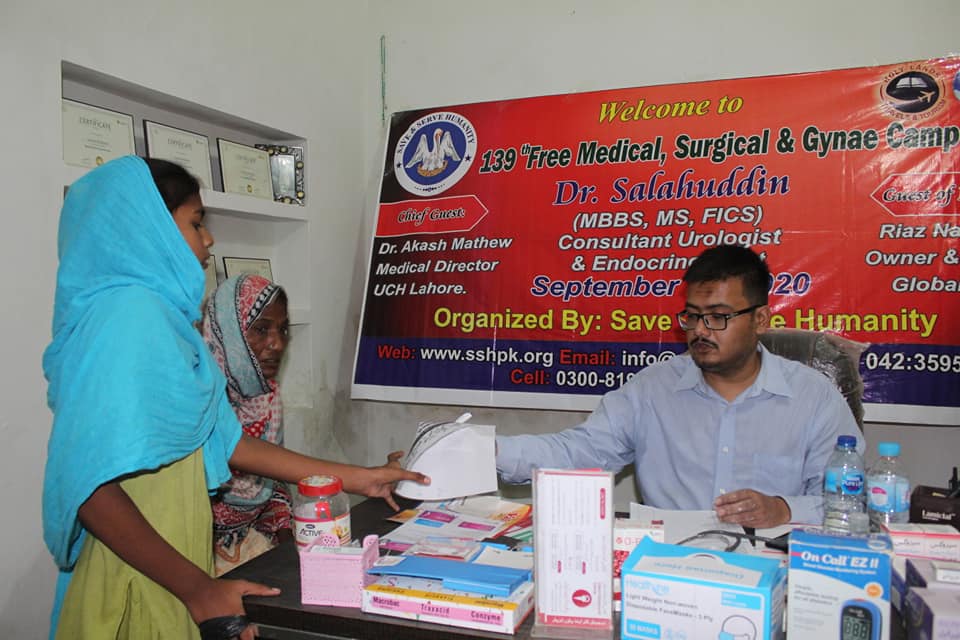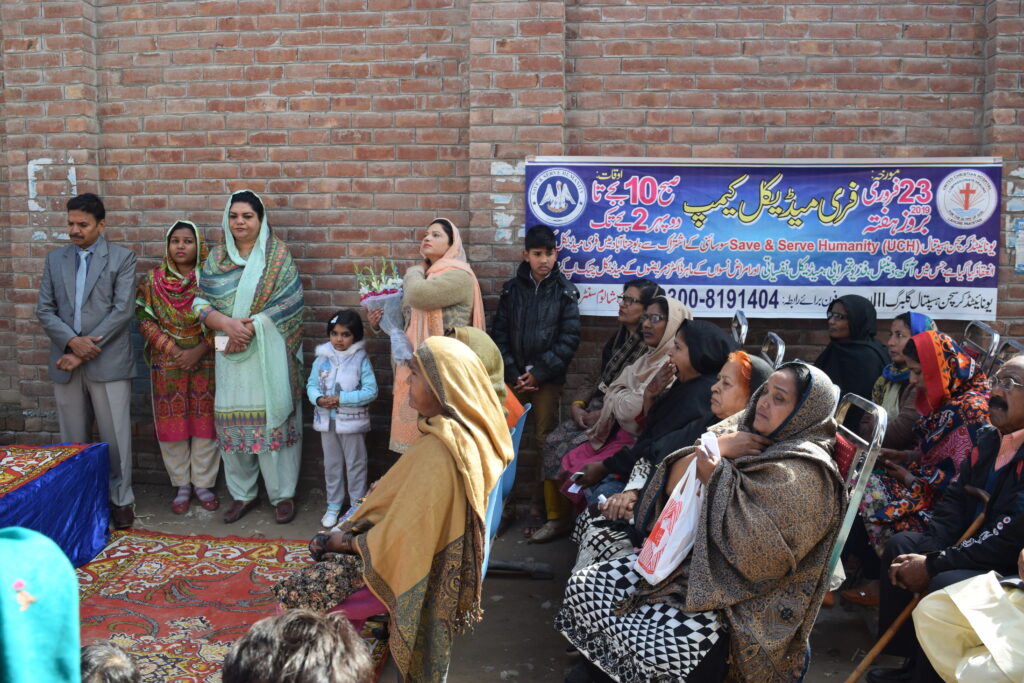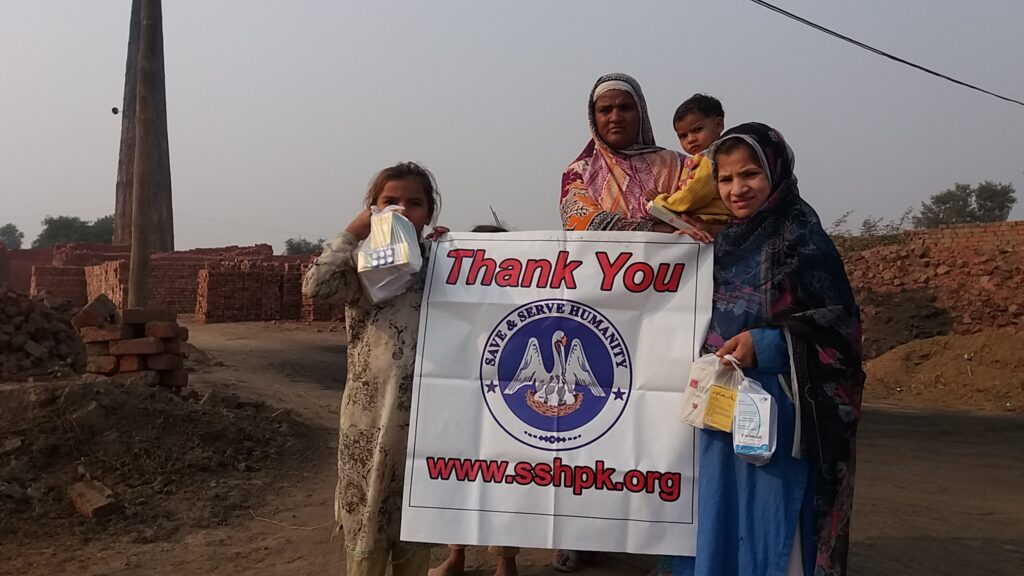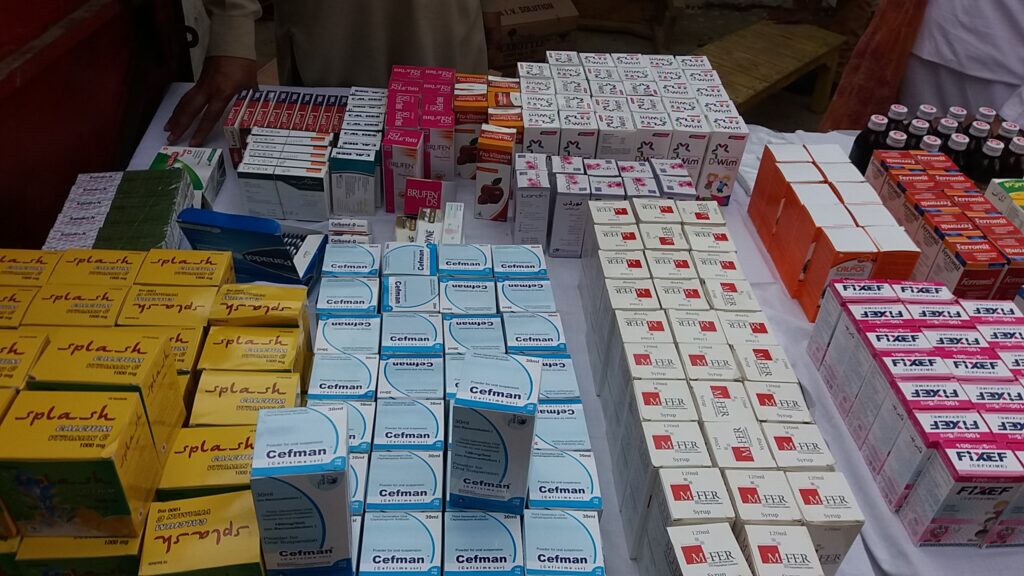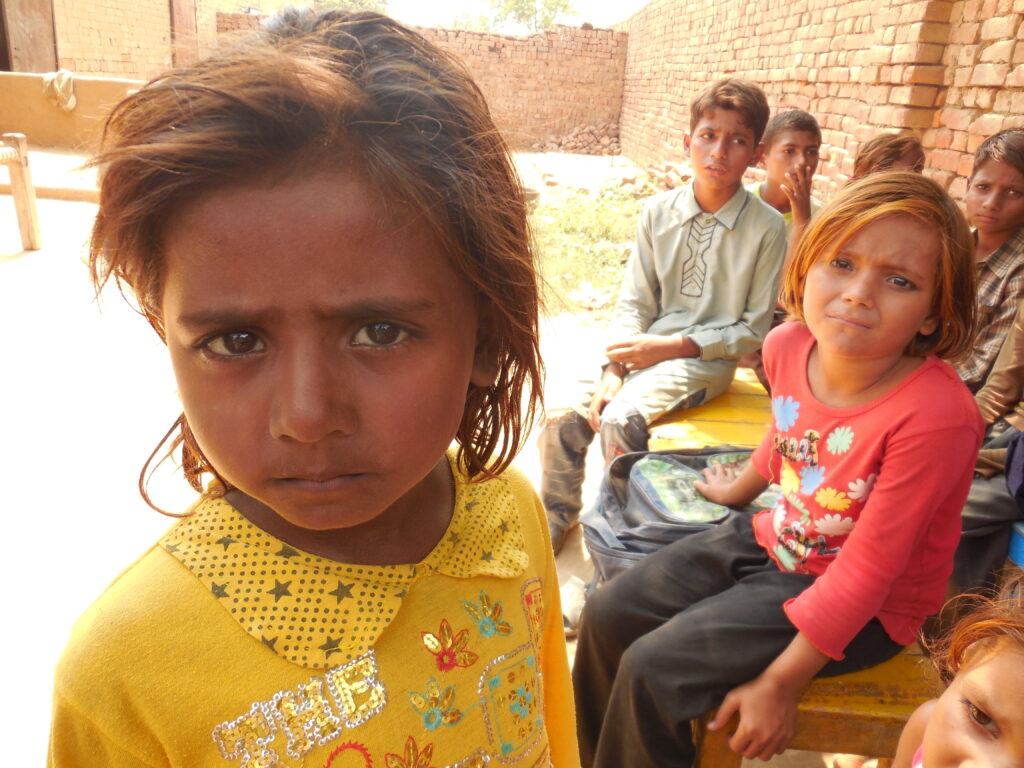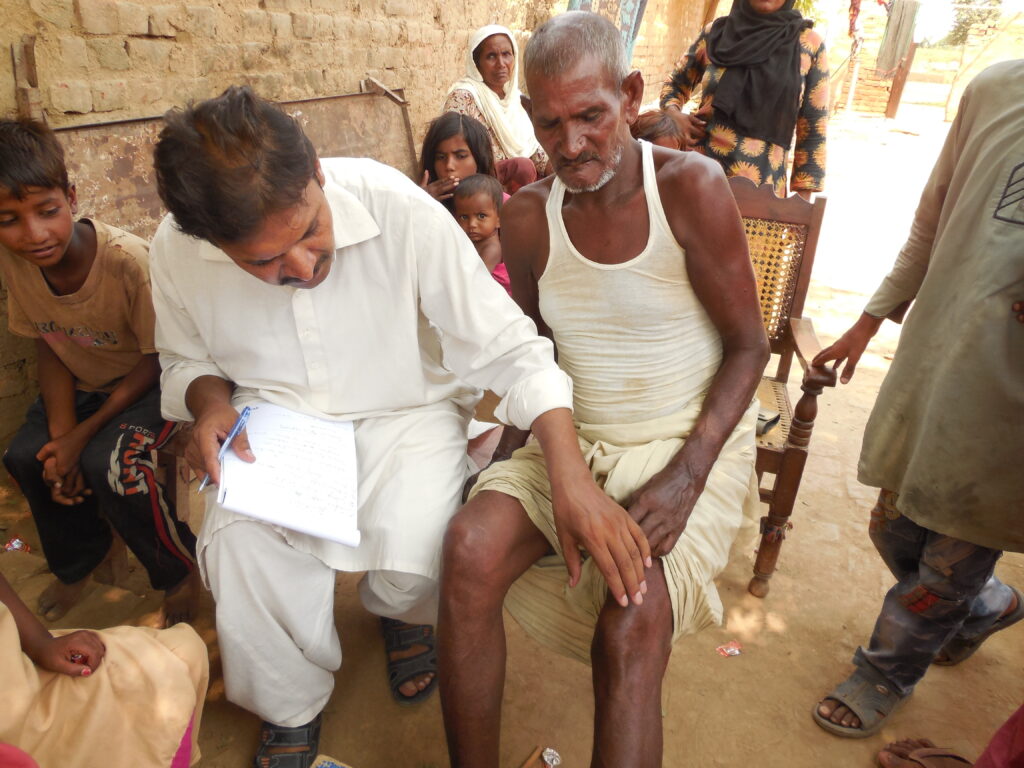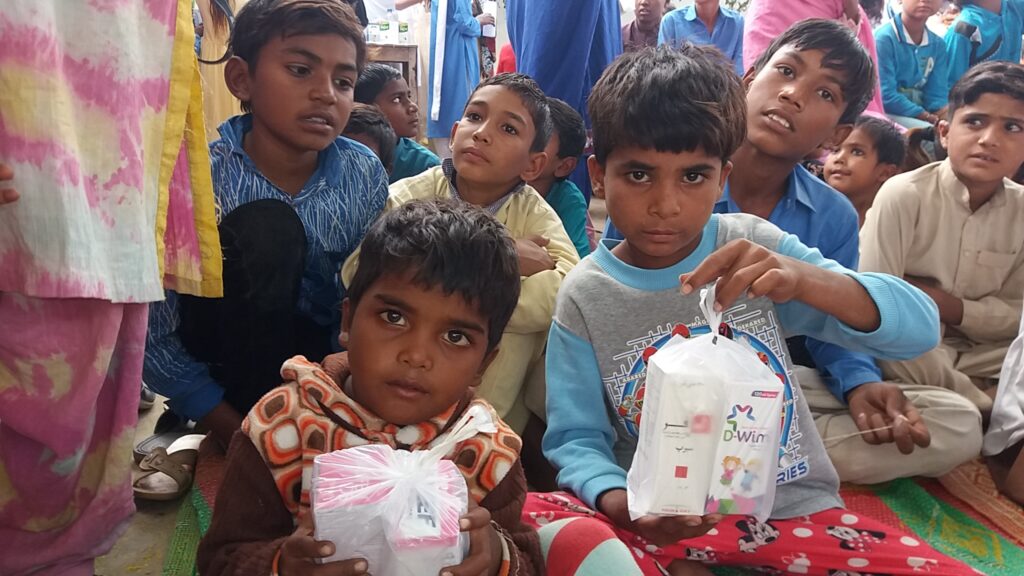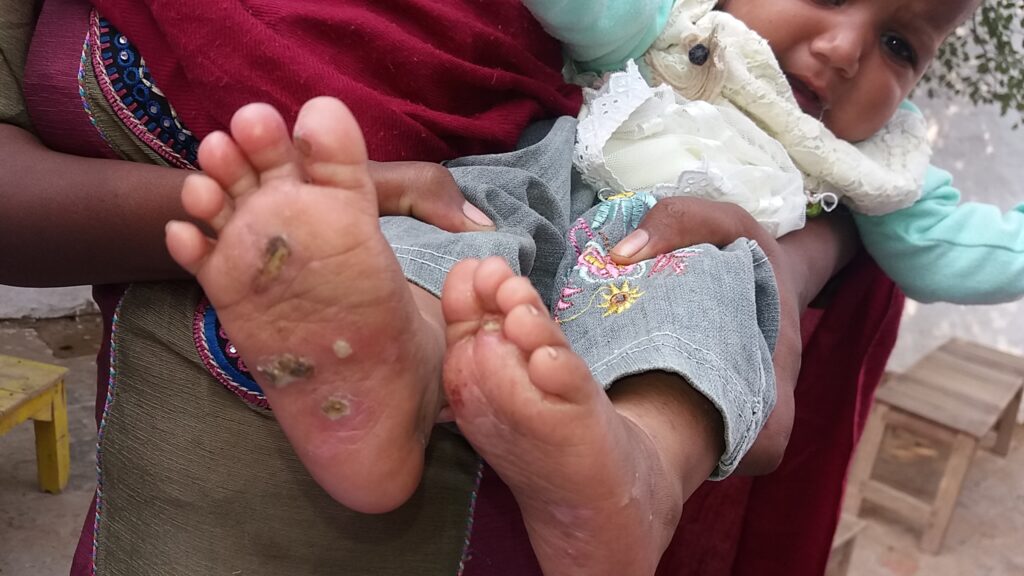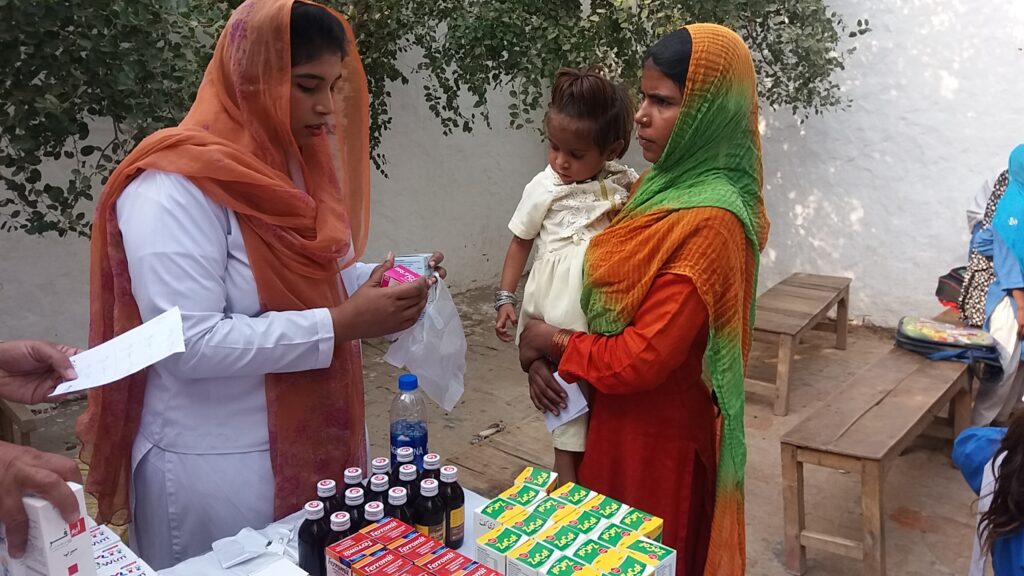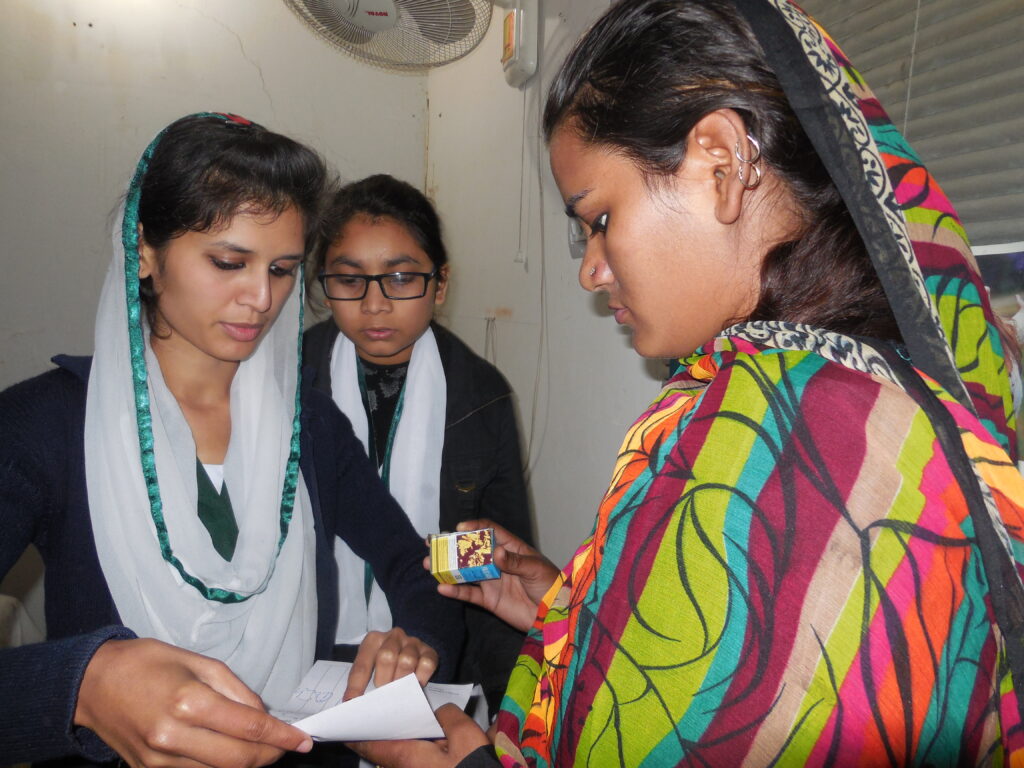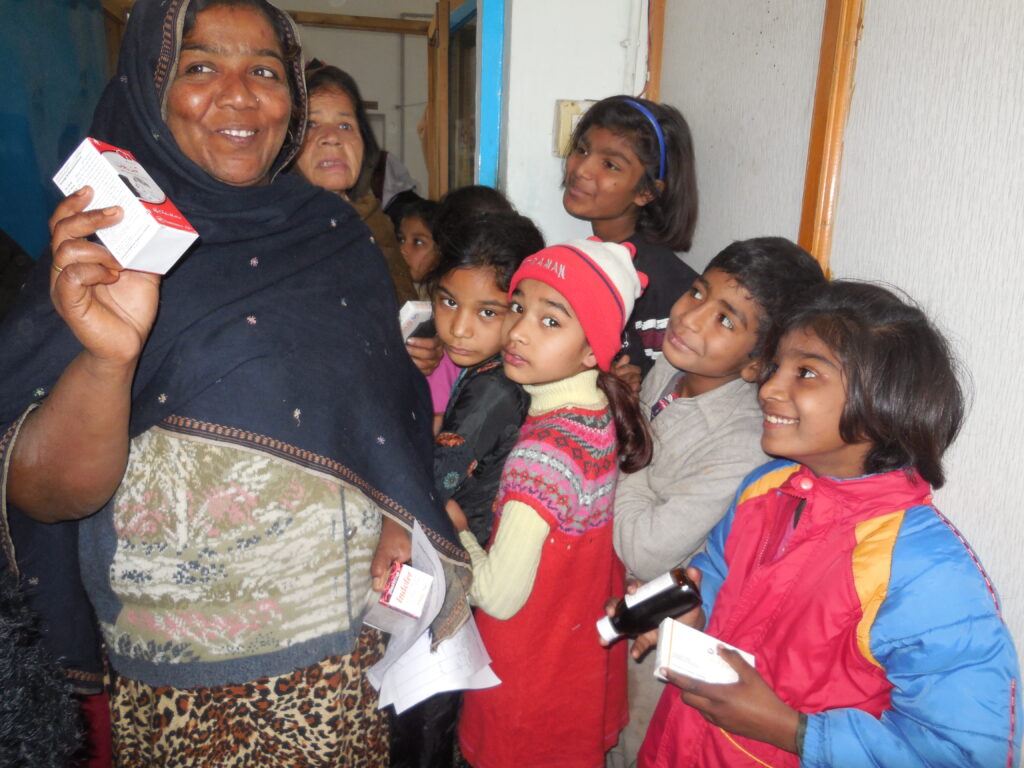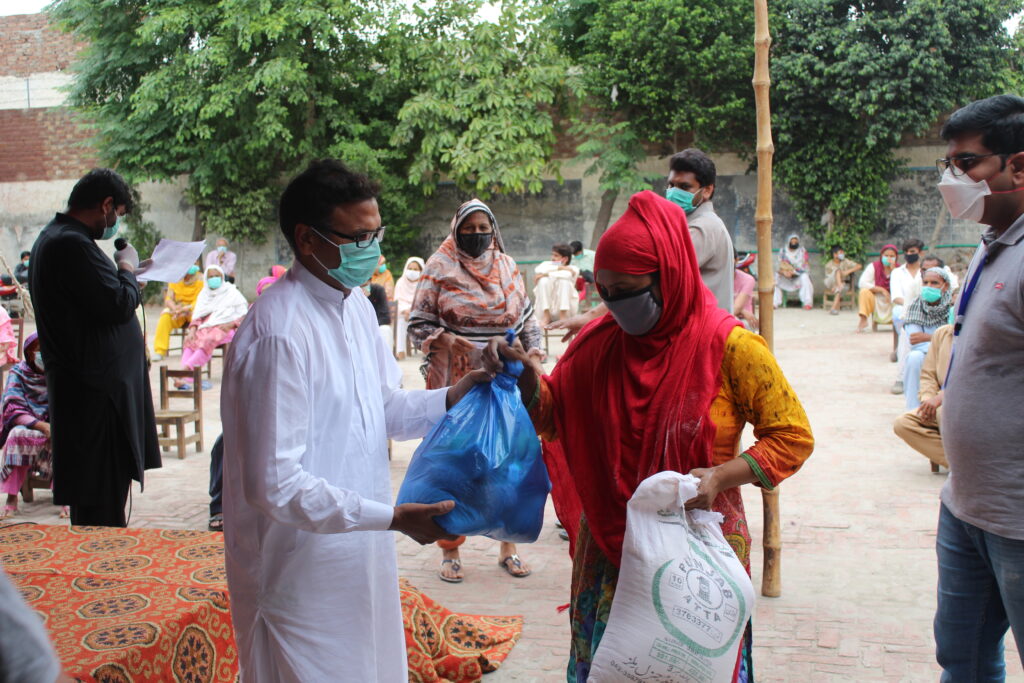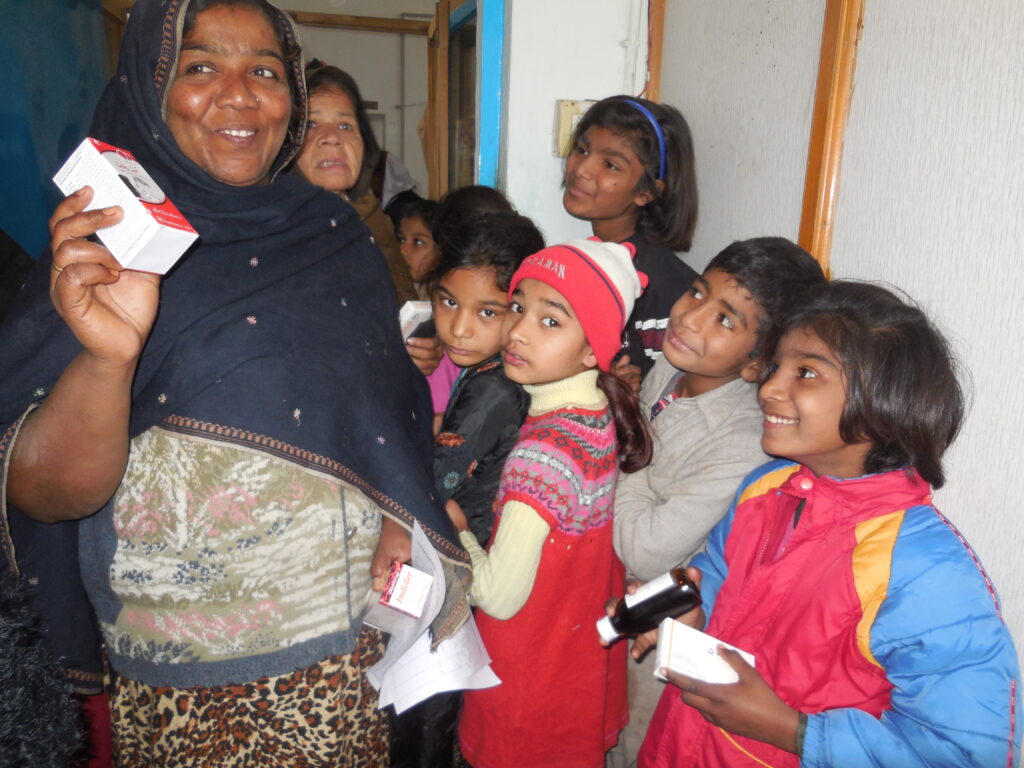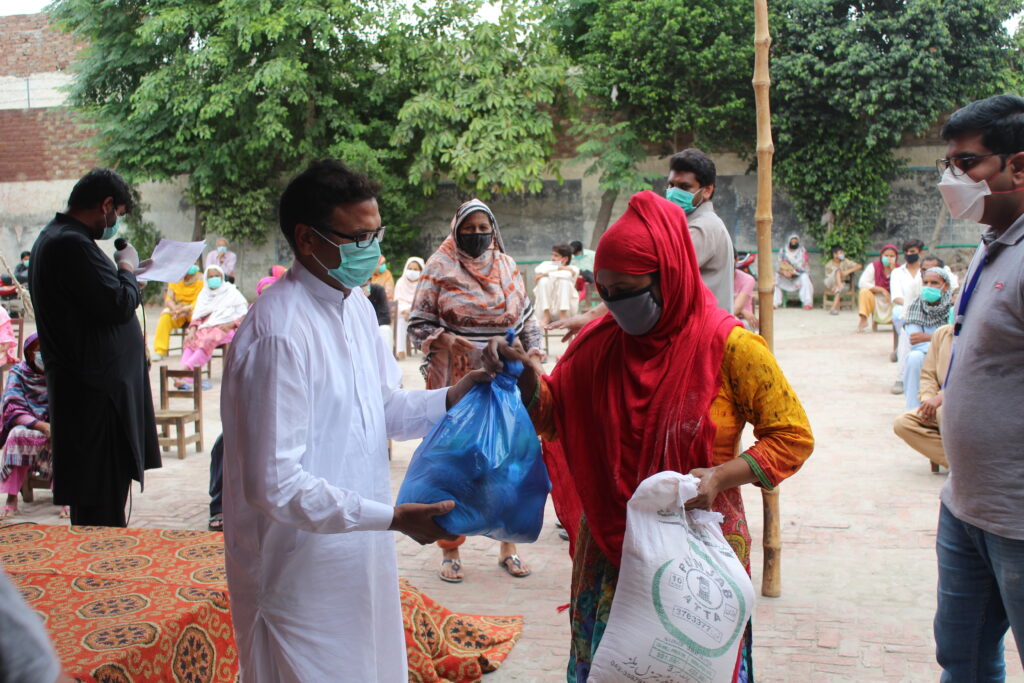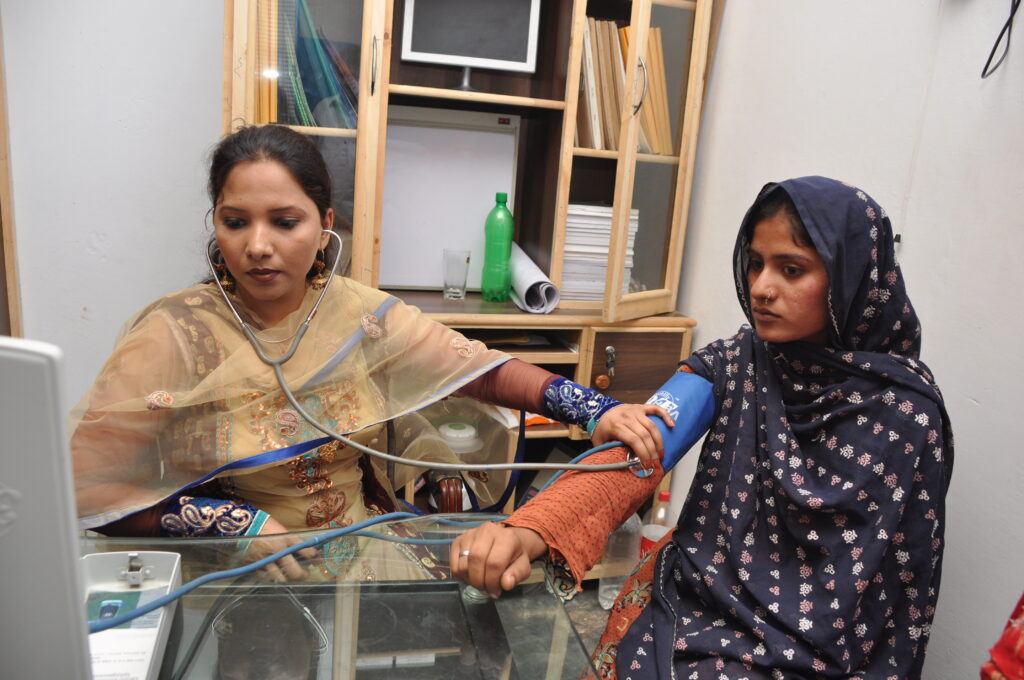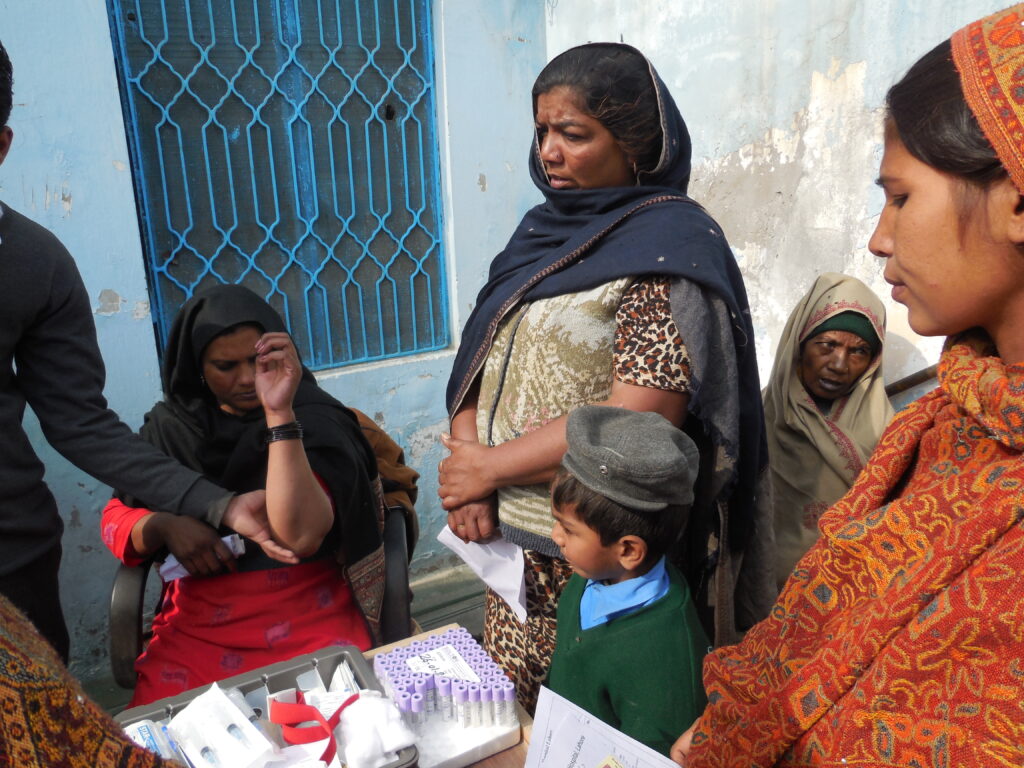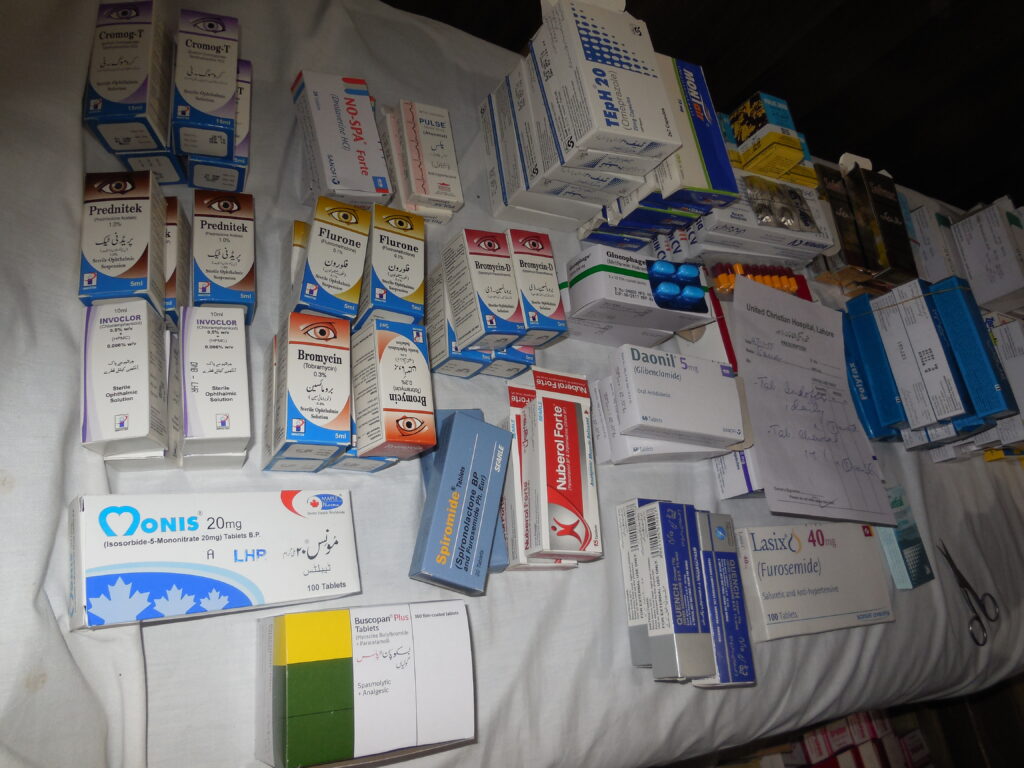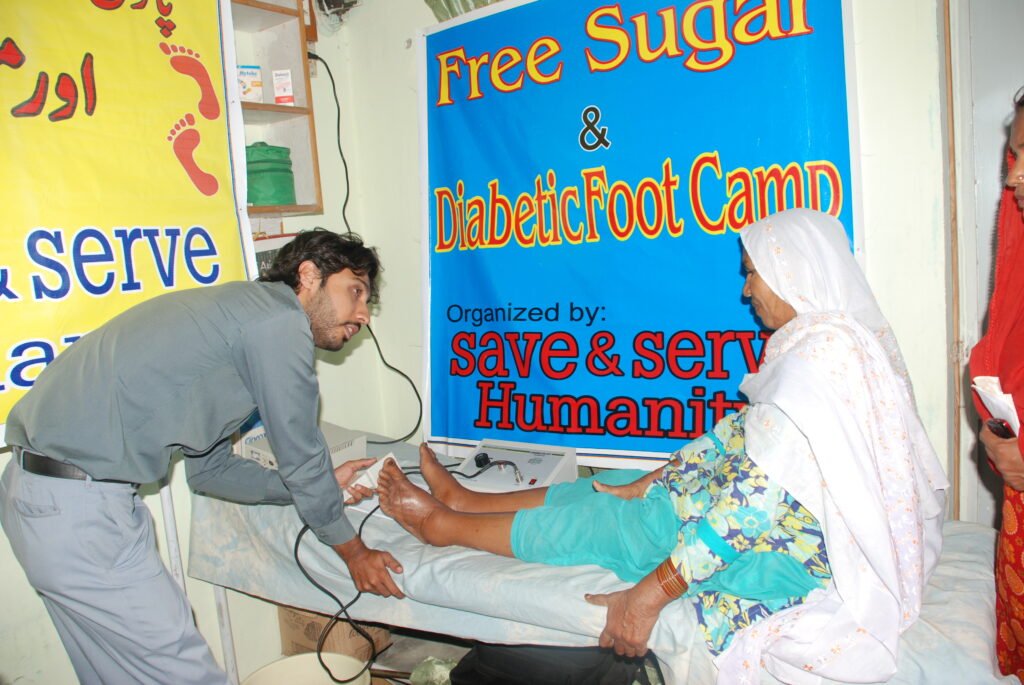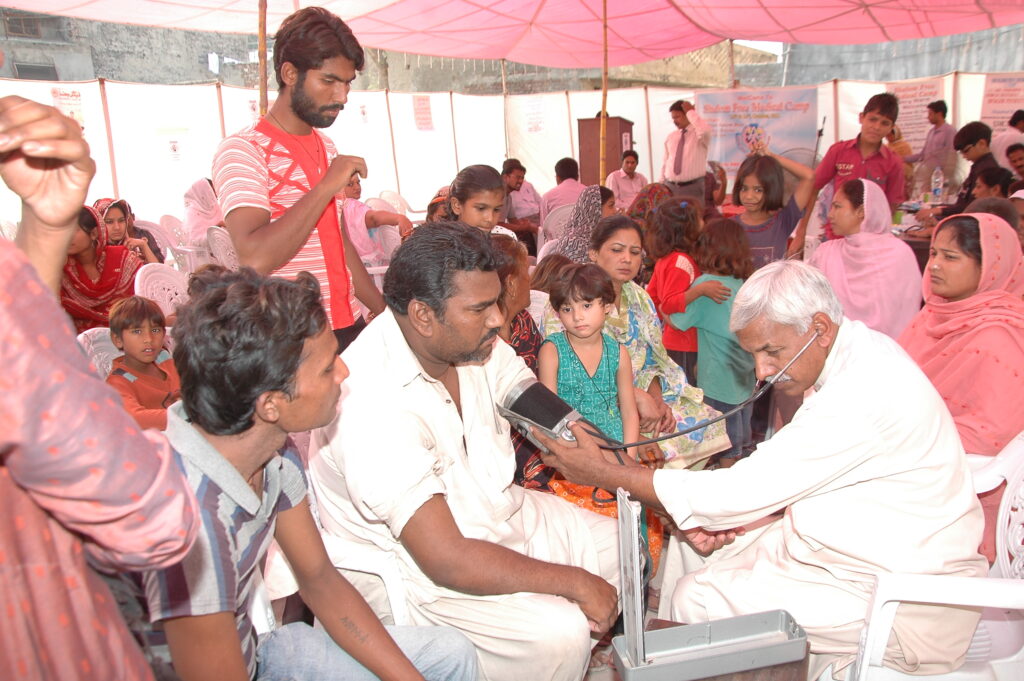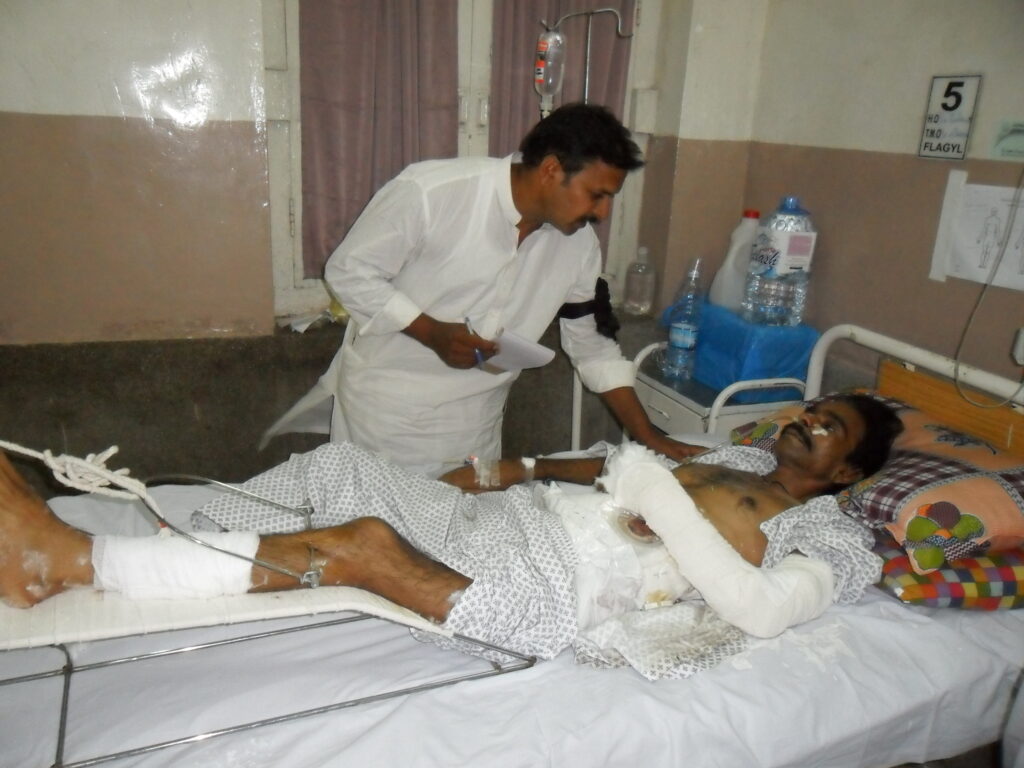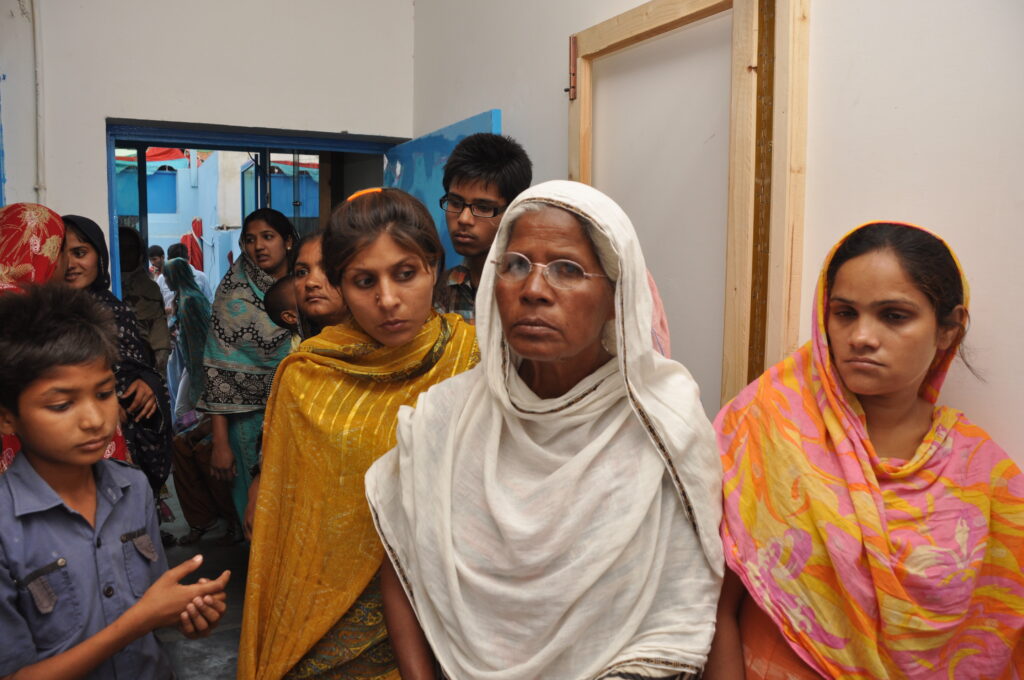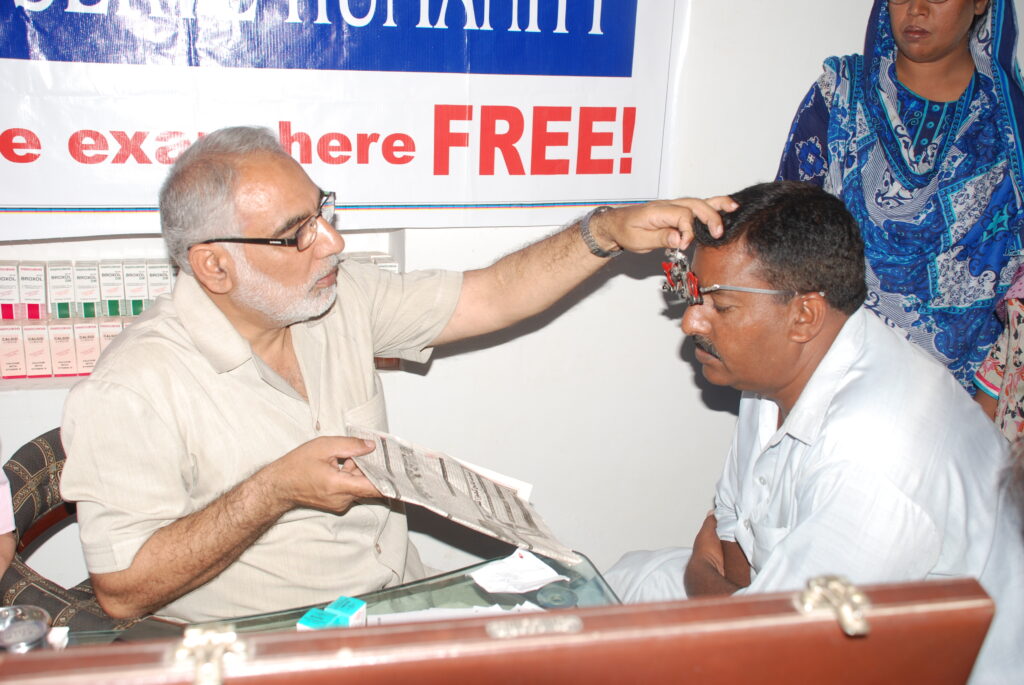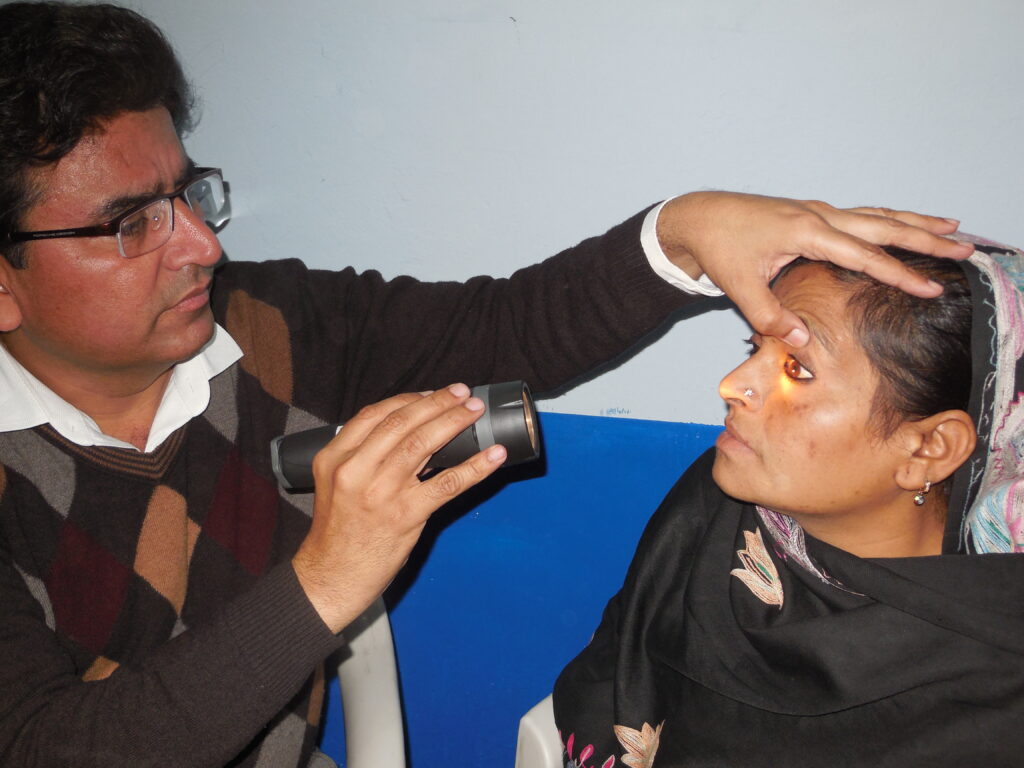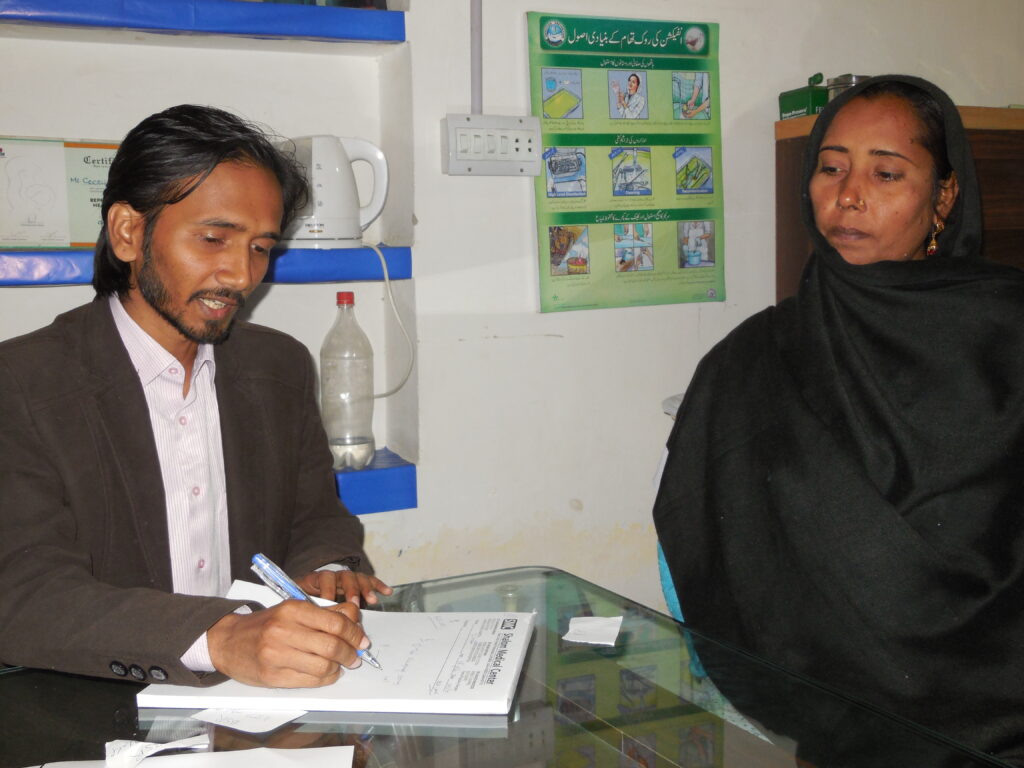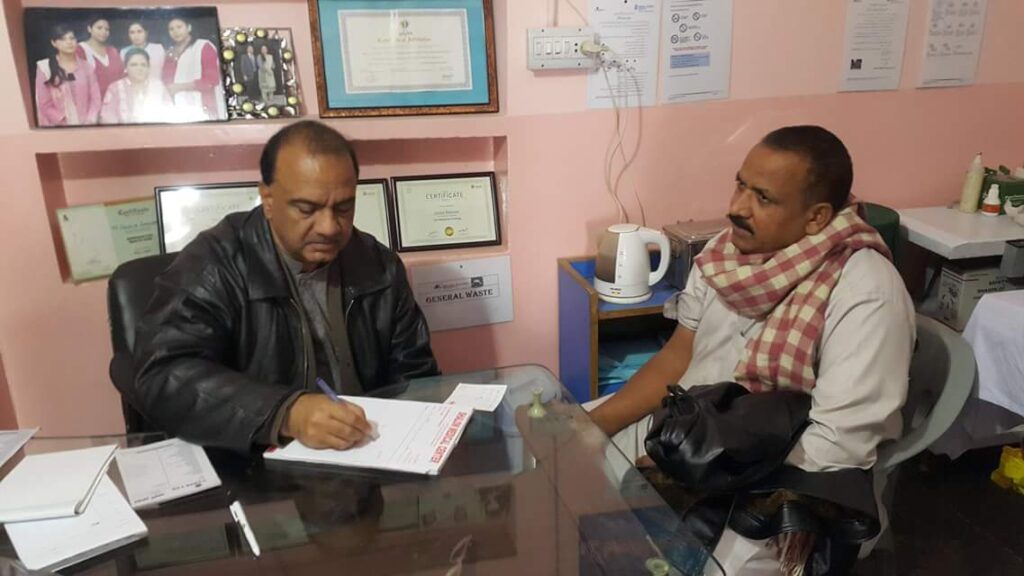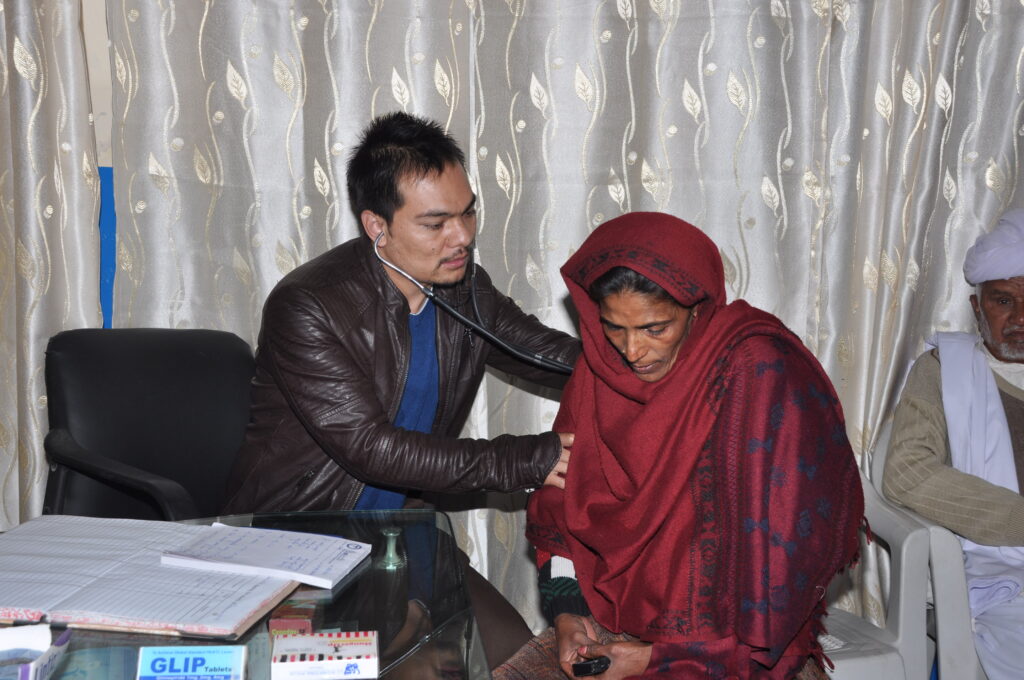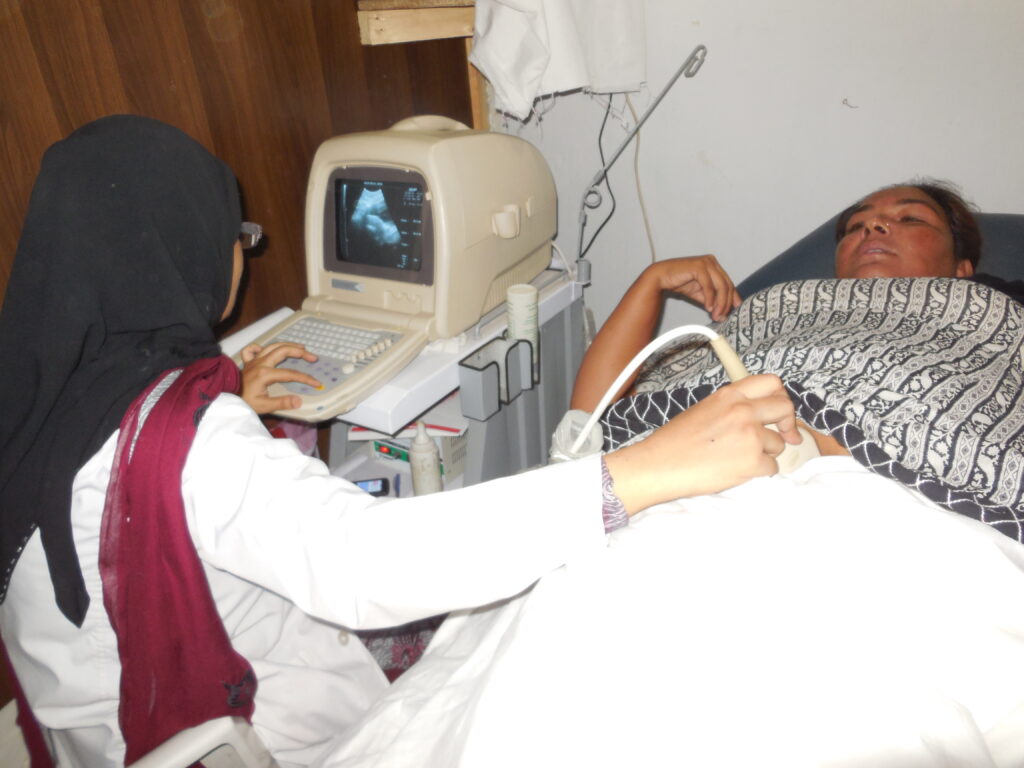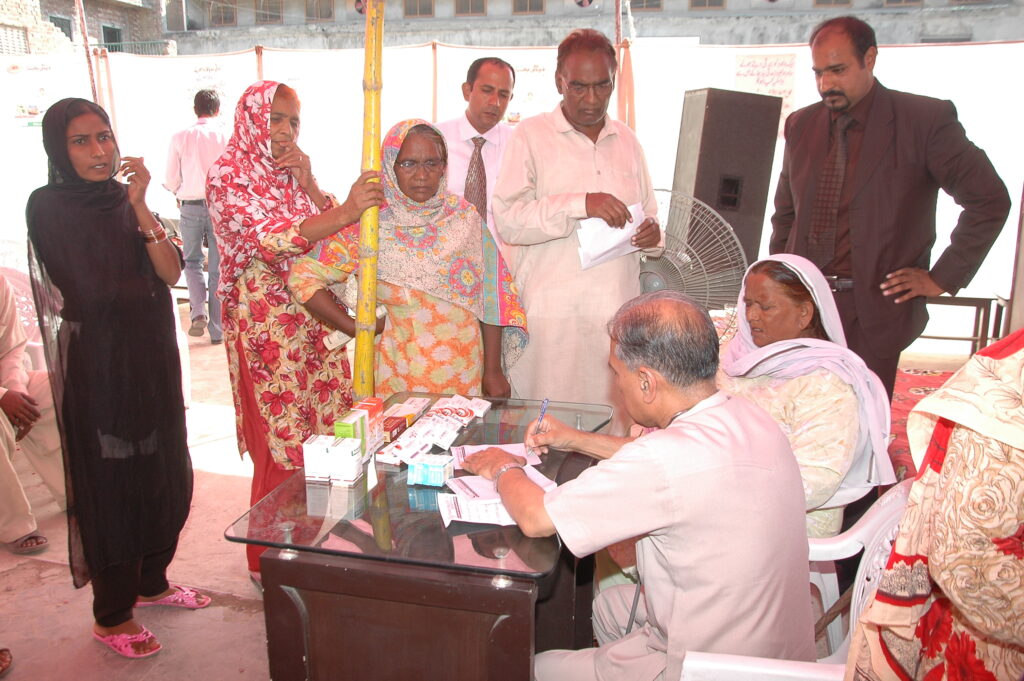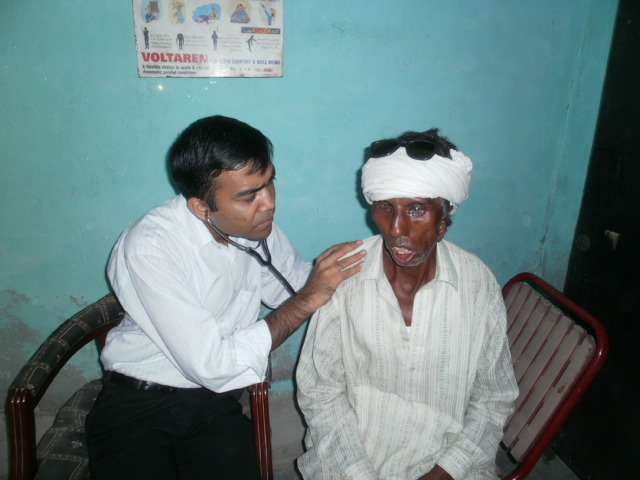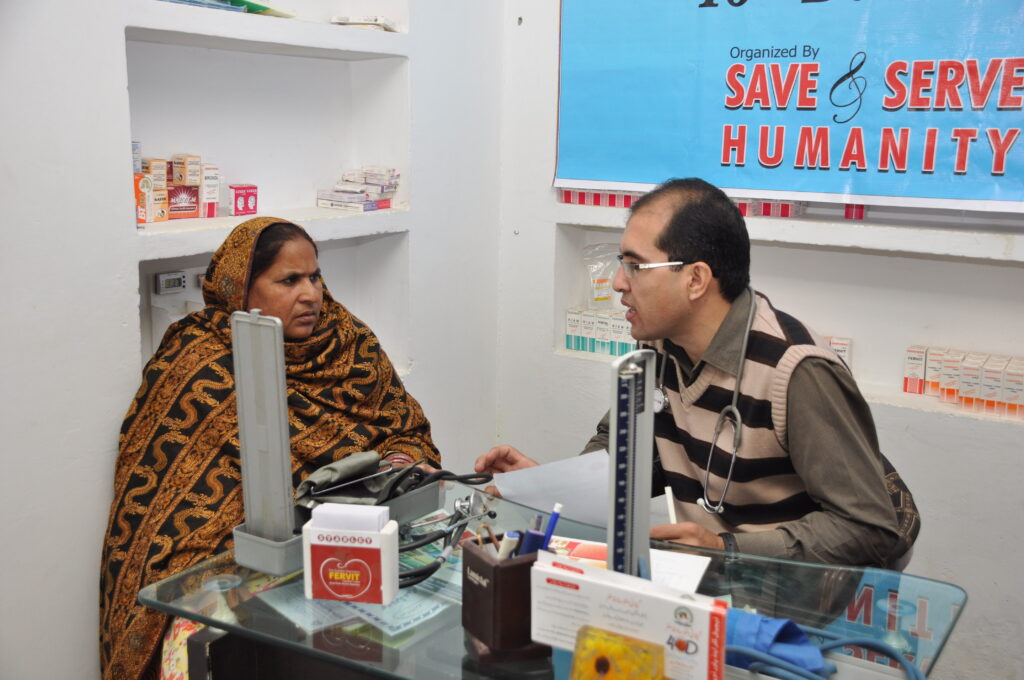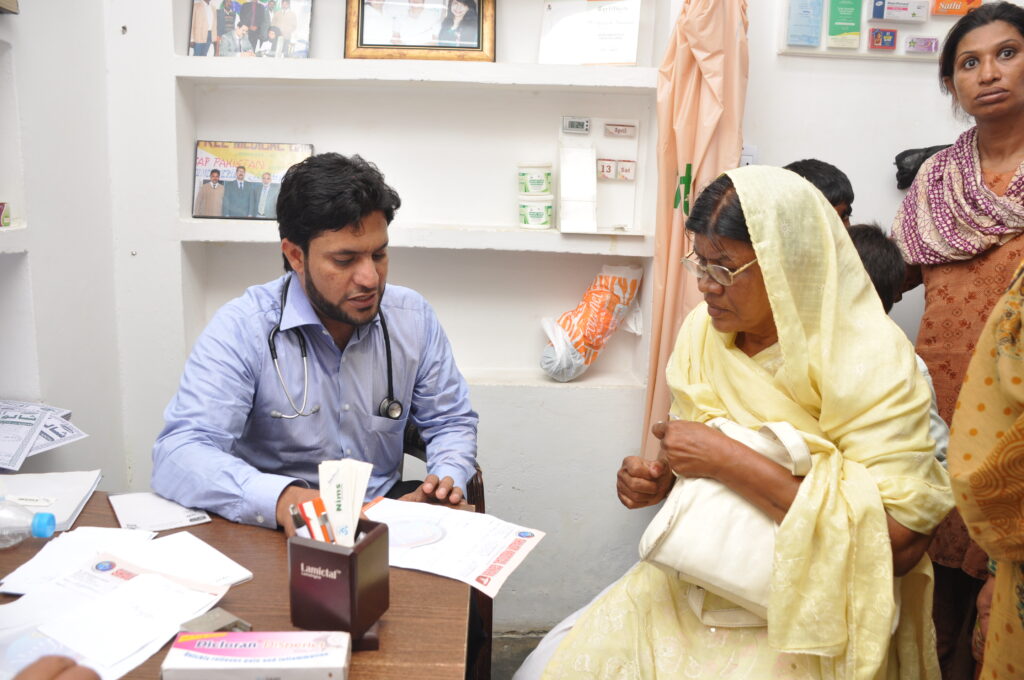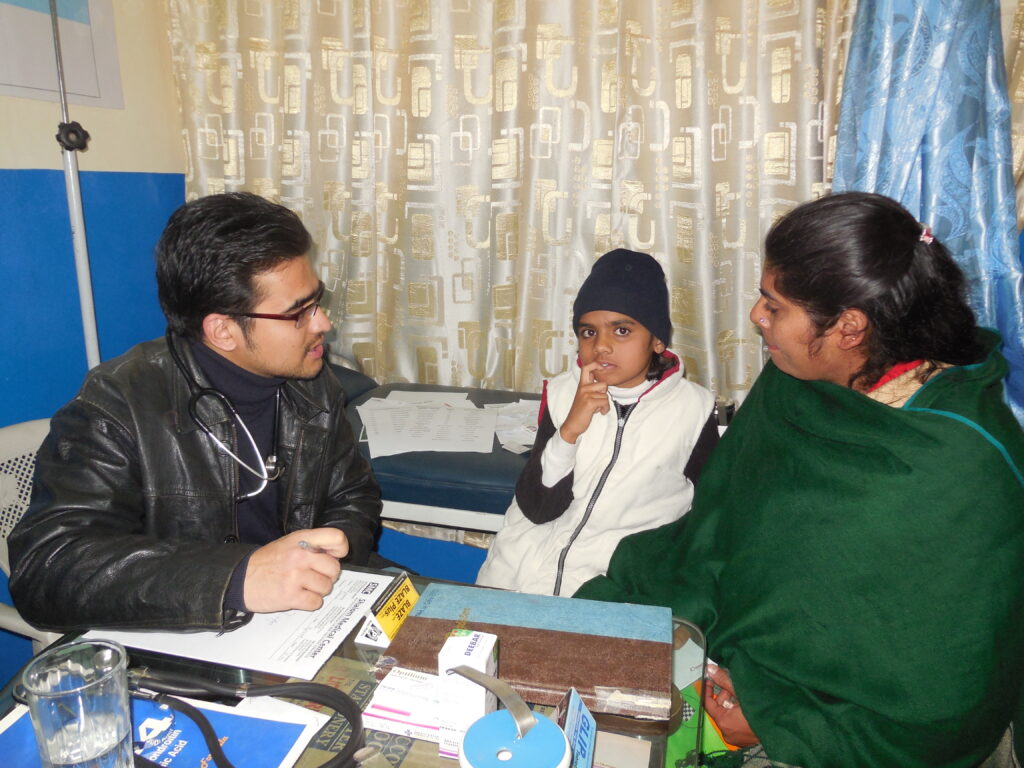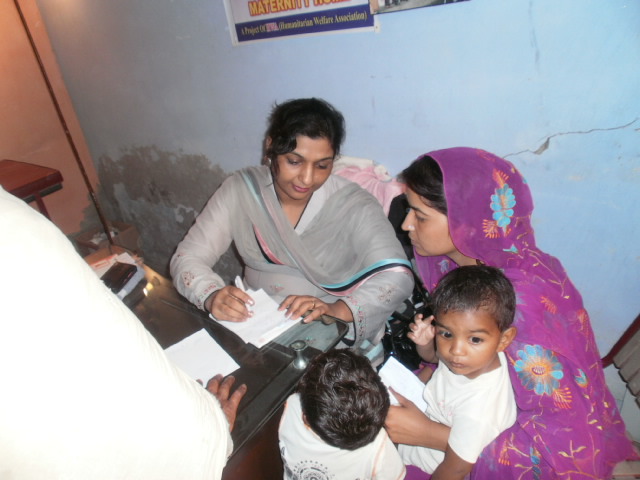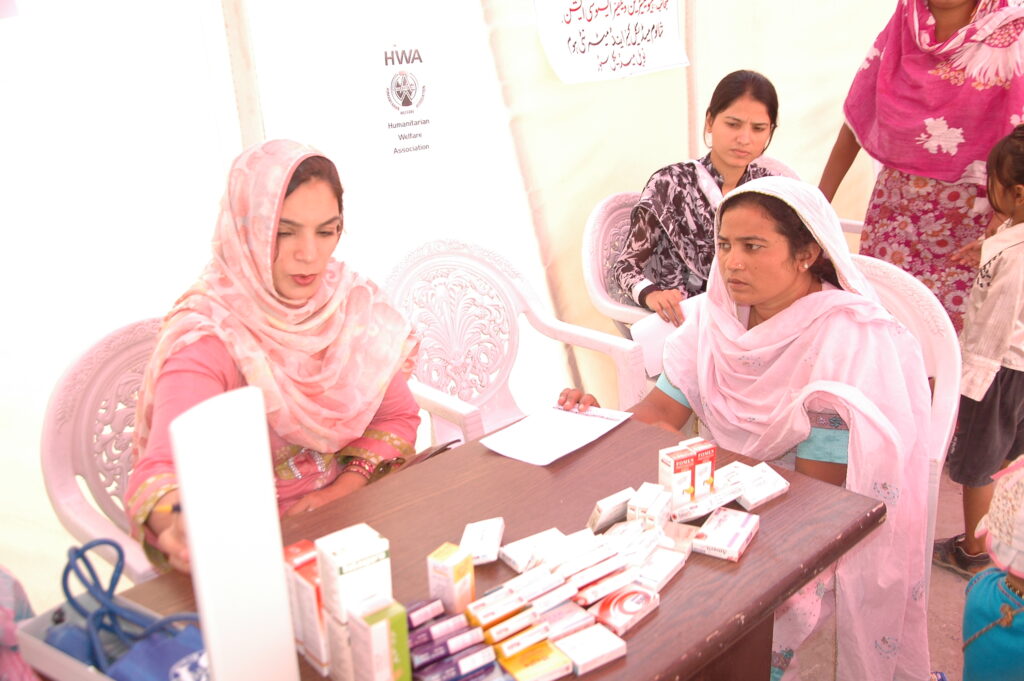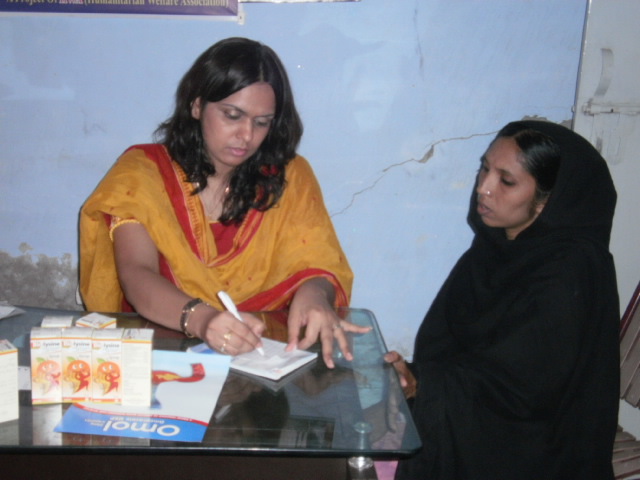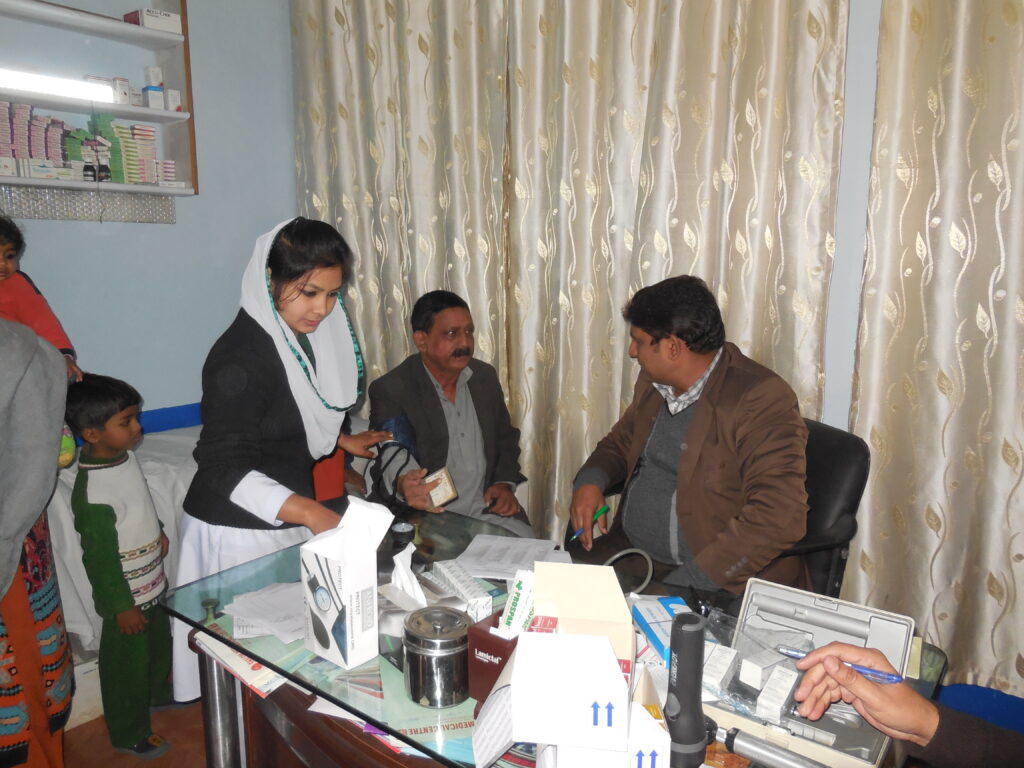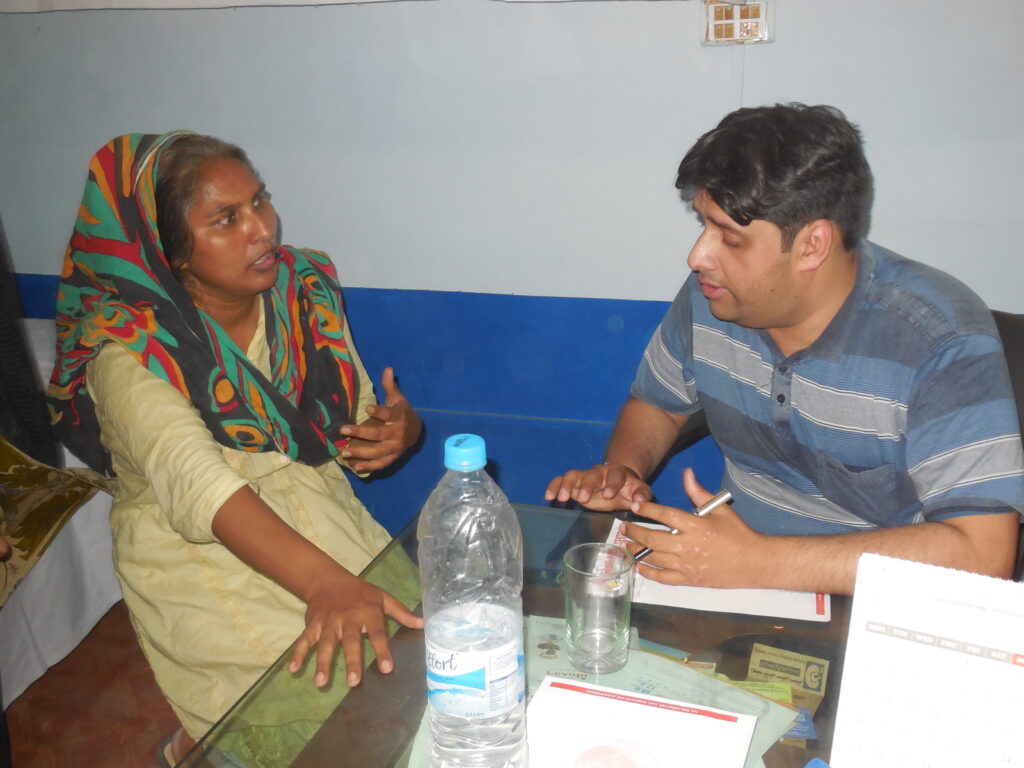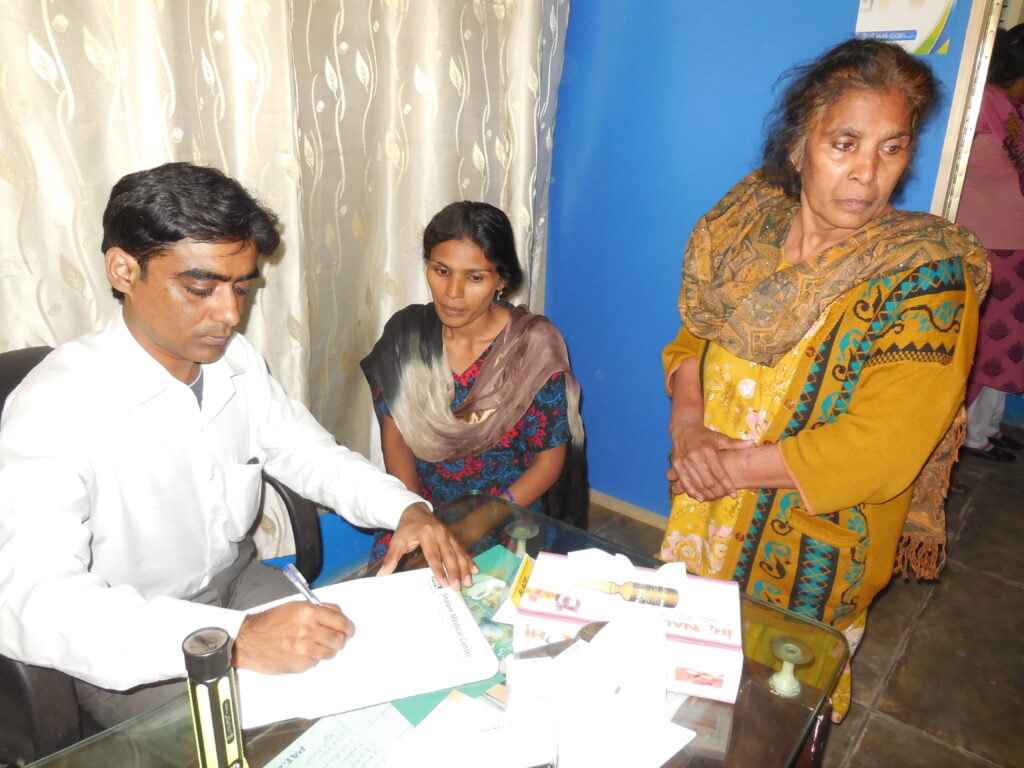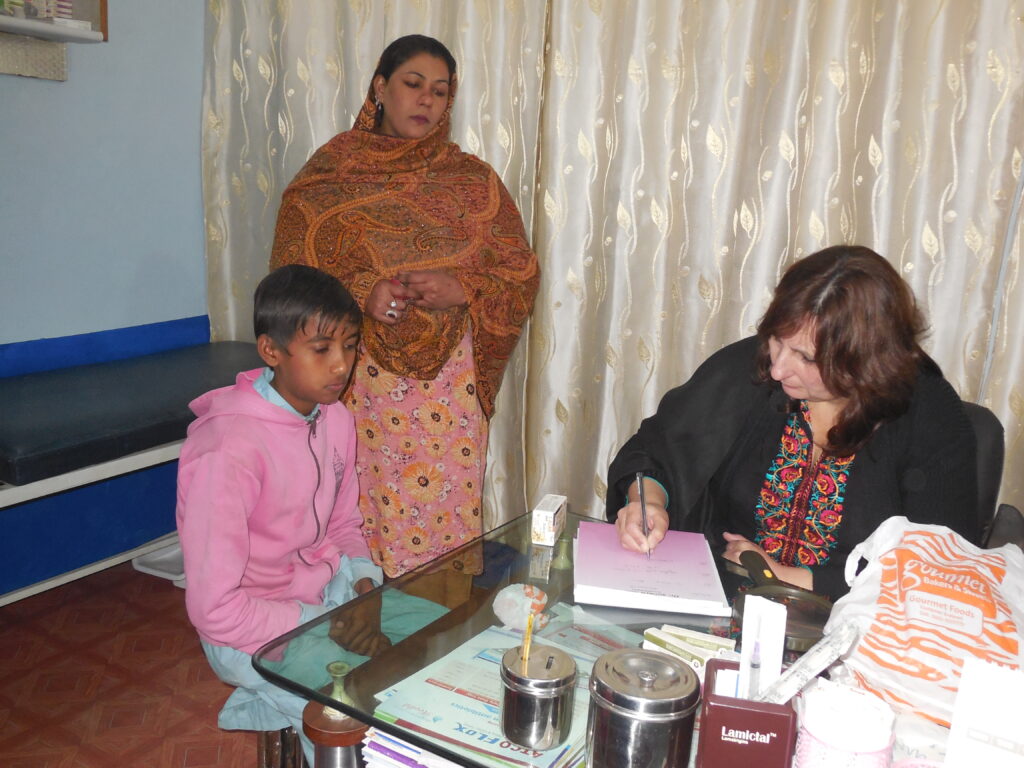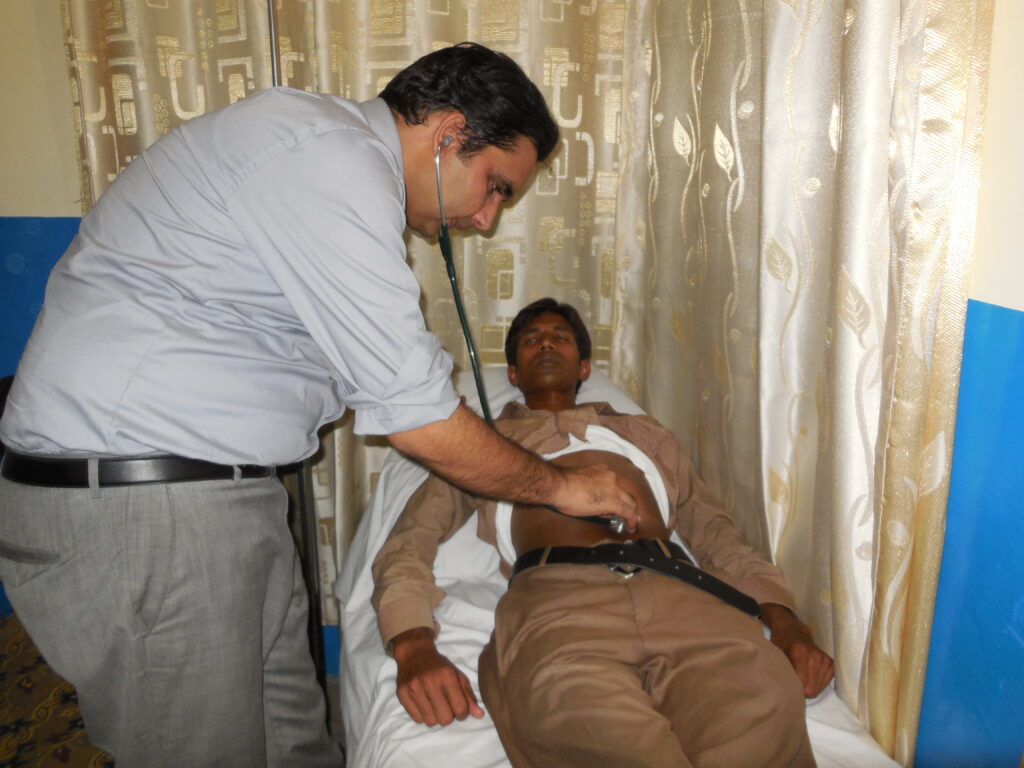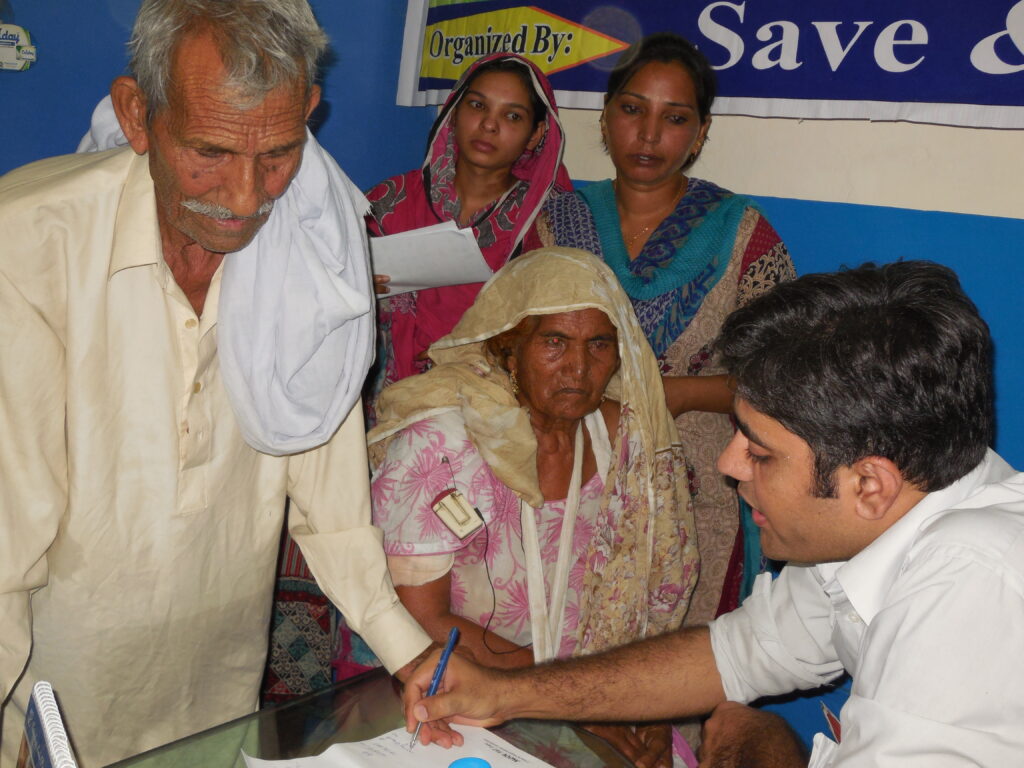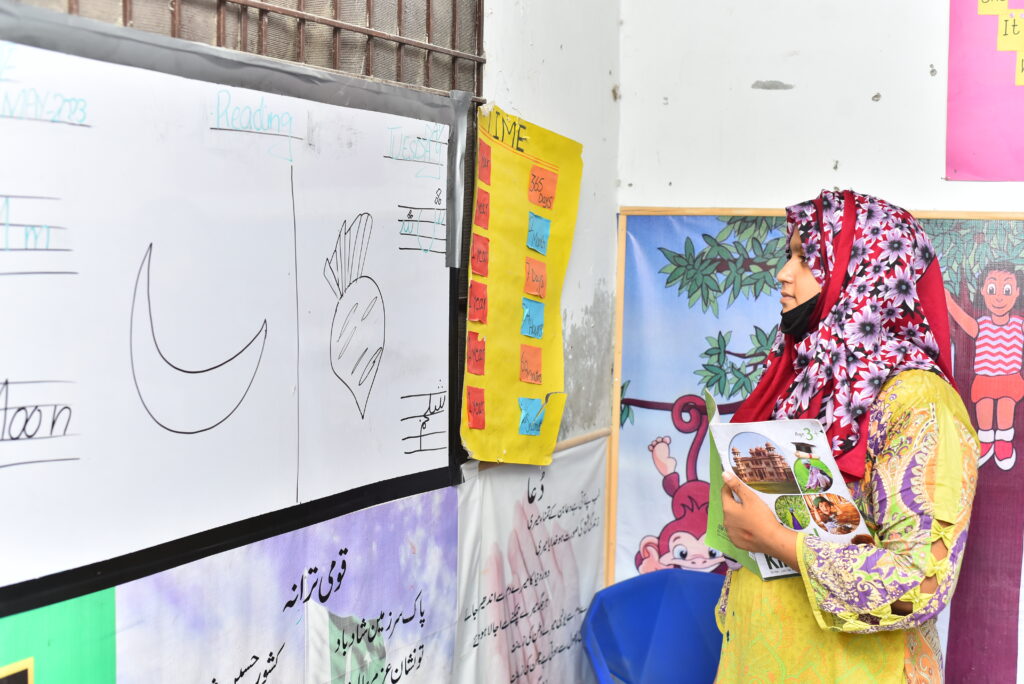
The culture of this country does not allow a girl to get an education if they
are poor. They ask them to do work in the houses of rich families and
force them to get married in a very young age. Without knowing their
rights they became the victim of domestic violence. There is no one to
help them because they don’t know from where they can get help.
Education can make them strong so they can work for themselves. They
have the ability to work in all fields as a man can do. It is very important
to give women a power to make their choices, and equal opportunities like
men so that they will feel self-worth. Education is the only way to
empower them. Most importantly unaffordable education is breaking the
intelligent minds into pieces due to discouragement of their talent and
leads to depression, anxiety and conduct disorder. Unfortunately, this
culture doesn’t hold an exception to these problems. Where depression
can lead to many social issues and suicide, anxiety can make a very
normal person an abnormal one. Conduct disorder can make a person
violent. Adolescents may move into serious behavioral problems. The
aggression of disapproval and unconformity can make criminals in a
society.DPD (Dependent Personality Disorder) is also very common in
adolescents nowadays. Difficulty in decision making, low self-esteem and
submissiveness will always stop them to grow and to achieve something
they are able to. This psychological damage can ruin their lives and cannot
bring any good to a society.
Problem We Face
In this era of modern sciences and technology Pakistani youth belonged to
under privilege poor and indigenous communities, face a variety of
psychological challenges, including the fear of discrimination and violence in
the strive of achieving education in developing countries. Anxiety,
depression, and post-traumatic stress disorder can all result from this fear.
Because of negative stereotypes and discrimination, they frequently have low
self-esteem, which can lead to feelings of worthlessness, isolation, and
hopelessness. These psychological barriers can have a significant impact on
the lives of Pakistani youth. They can make it difficult to achieve academic
success, find work, and form healthy relationships. They can make achieving
academic success, finding work, and forming healthy relationships difficult. It
may additionally lead to mental health issues such as anxiety, depression, and
post-traumatic stress disorder. All of this is intensified by the economic
crisis, and living below the poverty threshold makes it impossible for many
people to obtain a quality education. They are forced to work as children and
marry at a young age due to a lack of resources. In such circumstances, many
intellectual minds are silenced. It exaggerates all of the problems that
Pakistani youth face.
Overcoming Psychological Barriers
Rahber the Advisor's dedicated team champions the well-being of these young individuals. They address mental health challenges, provide financial resources, guide career paths, and offer prevention strategies, including therapy and counseling. Together, we can help our youth reach their utmost potential. To empower the youth of Pakistan to transcend psychological barriers, it's imperative that we foster emotional support from families, friends, and peers, ensuring that these young individuals understand they're not isolated in their struggles. Embracing and disseminating tolerance through education and public awareness campaigns is a cornerstone. Simultaneously, we must tackle root challenges like poverty, illiteracy, and limited access to crucial resources like quality education and healthcare. Facilitating environments where they can safely socialize and be themselves is also vital. Showcasing positive role models from various spheres can be a beacon, uplifting their self-esteem and aspirations. Furthermore, ensuring robust mental health support for those grappling with the effects of discrimination is essential. Rahber the Advisor's team stands at the forefront of this mission, diligently working to address mental health issues, secure necessary resources, and guide the youth in their career trajectories, all while introducing preventative strategies, such as therapy and counseling. By undertaking these measures, we pave the way for the youth to realize their full potential.
COVID 19 RESPONSE
Since March much of our project funding has focused on the Covid-19 pandemic, which for each community is a crisis on top of a crisis.
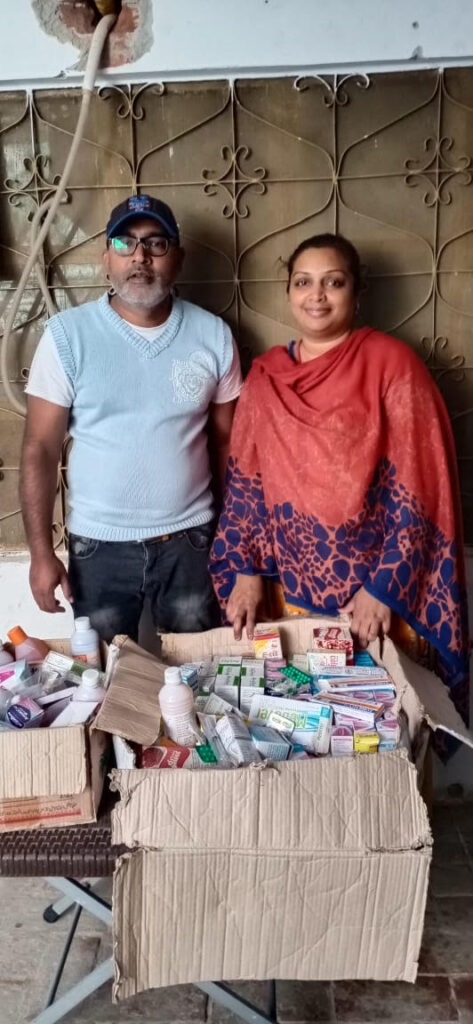
In order to minimize the risk of transmission of COVID-19 to the communities, it was decided to limit to the bare minimum the number of outside people travelling across the area.
Together with community leaders, it was agreed that the most vulnerable populations – those residents over 60 years old, pregnant women, and people with pre-existing medical conditions considered to be at high risk – would not participate in this process.
In order to comply with sanitation and hygiene recommendations, Rahber made available hand sanitizer and disposable paper towels, and made sure to disinfect the cell phones after each call, as well as the furniture at the beginning and end of each day. In addition, those coordinating the activity on the ground were provided with personal protective equipment (face masks, protective eyewear and disposable gloves) and received an orientation on hygiene and social distancing measures when interacting with the interviewees. During the interview process, the entire area was marked out appropriately in order to guarantee social distancing of two metres, both at the phone booths and in the waiting areas.
our services in
medical
Medical camps and services
Rahbar- The Advisor under it’s one of the two primary objectives has this goal in vision to make healthy communities to enhance their mental level which will lead towards the educated society. Thus with our partners from Pakistan Save and Serve Humanity we are arranging
free medical camps from 2016. SSH works for Health, Education, and Woman Empowerment, In natural and Man-made Disasters and For Human Rights.In 2016 we arranged 3 Free Medical Camps with SSH for General Health, Eye and TB where 1214 patients were treated free of cost.
In 2017 5 Camps were arranged in remote areas for Child Care, Reproductive and General Health of Females. We registered 978 patients in these 5 camps. In 2018 5 Free Medical Camps were arranged with the collaboration of Save and Serve Humanity and we were able to reach 1345 deserving patients where we performed free diabetes and hypertension camps with free diagnostic services to the poor and deserving individuals. In 2019 we started monthly Covid 19 preventive measures campaigns where the education and awareness regarding basic preventive measures was given to the people as well as preventive materials were provided free of cost to over 5000 people. In 2020 we kept on our campaign and also started providing people with the basic needs in the form of food packages on monthly basis which went on till
March 2021.










